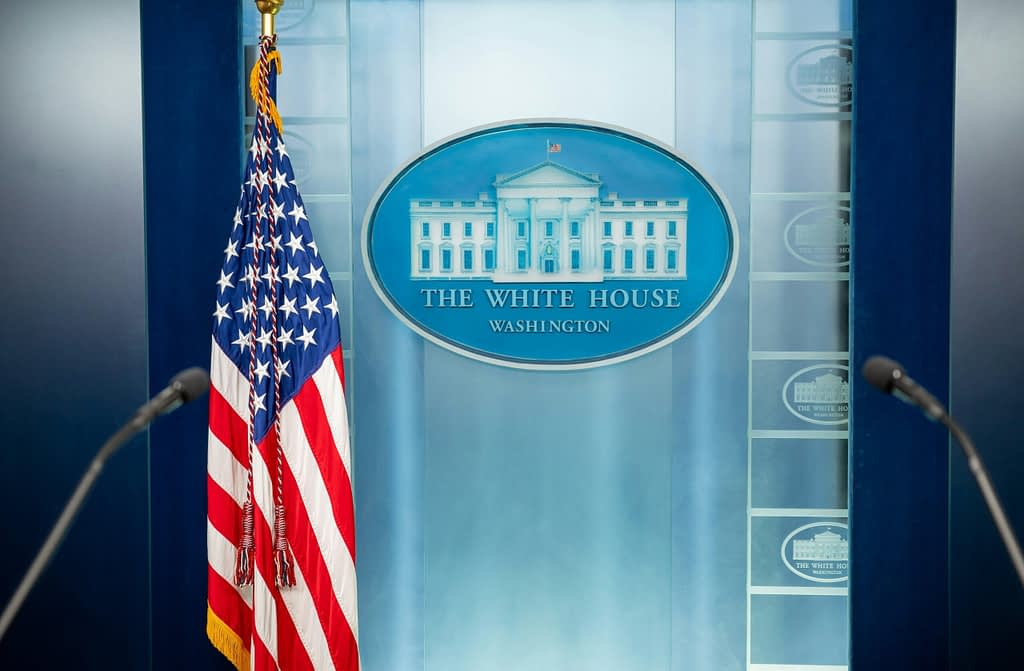U.S. stock futures recorded losses after Wall Street posted gains in the previous session. The White House reportedly demands countries provide their best offers for trade negotiations by Wednesday, while American officials intensify efforts to secure deals with individual nations before the end of a 90-day pause in retaliatory tariffs.
Futures Point Lower Amid Rising Trade Tensions
U.S. stock futures showed lower values on Tuesday, with investors monitoring global trade tensions and key upcoming employment data. By 07:31 GMT, Dow futures fell 204 points (-0.5%), S&P 500 futures dropped 28 points (-0.5%), and Nasdaq 100 futures declined 99 points (-0.5%).
Main indices ended higher on Monday, though risk appetite was somewhat dampened by concerns over renewed trade conflict between the U.S. and China. President Donald Trump accused China of breaching a truce regarding tariffs on critical minerals, which Beijing denied.
Key factors influencing markets include:
- U.S. dollar weakening due to trade dispute concerns
- Rising Treasury yields
- Gold reached a three-month high as a safe haven
White House Urgently Demands Trade Offers by Wednesday
The Trump administration is urging countries to provide their best offers for trade negotiations by Wednesday. With a 90-day pause on Trump’s comprehensive retaliatory tariffs set to expire in July, the White House is rushing to secure multiple individual agreements.
Economic advisor Kevin Hassett and other officials indicated several deals are close to completion, though only one major agreement with Britain has been announced so far.
According to Reuters, the U.S. is now asking countries to present their best proposals regarding:
- Plans to remove non-tariff barriers
- Tariff and quota offers for purchasing American industrial and agricultural products
- Commitments on digital trade and economic security
Upcoming Employment Data Could Impact Markets
The latest Job Openings and Labor Turnover Survey (JOLTS) will be in focus, potentially providing markets with further insight into how Trump’s tariff policies are affecting the overall labor market. Economists expect job openings to decline slightly to 7.110 million in April from March’s 7.192 million.
The Organisation for Economic Co-operation and Development (OECD) lowered its U.S. growth outlook to 1.6% this year, down from a previous projection of 2.2%. American tariffs were also expected to negatively impact growth in China but should be offset by government subsidies related to consumer goods.
TSMC CEO Comments on Tariff Impact
TSMC CEO C.C. Wei stated that U.S. trade tariffs have some impact on the chipmaker, but that excessive artificial intelligence demand would likely offset trade headwinds.
“Tariffs do have some impact on TSMC, but not directly. That’s because tariffs are imposed on importers, not exporters. TSMC is an exporter,” Wei said at the company’s annual shareholders meeting.
Wei emphasized key aspects of the situation:
- AI demand consistently exceeds supply
- The company has not seen changes in customer trends due to tariff uncertainty
- The situation will likely become clearer in the coming months
Oil Prices Rise Due to Geopolitical Risks
Oil prices rose slightly on Tuesday, extending sharp gains from the previous session as uncertainty over a U.S.-Iran nuclear deal and worsening tensions between Ukraine and Russia signal further potential supply disruptions.
By 07:31 GMT, Brent crude climbed 0.8% to $65.13 per barrel, and U.S. West Texas Intermediate crude rose 0.9% to $63.09 per barrel. Iran is likely to reject a U.S. proposal to end a decades-long nuclear dispute, meaning continued sanctions and support for oil prices.




